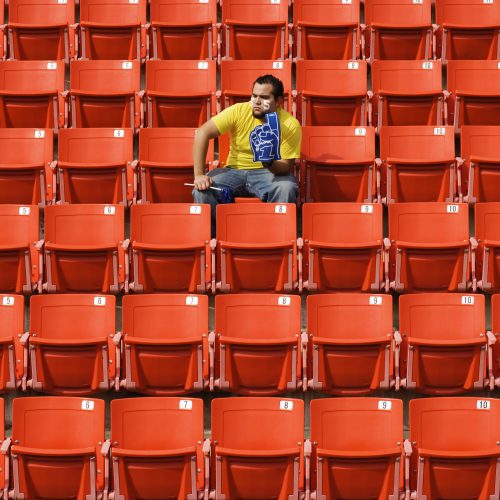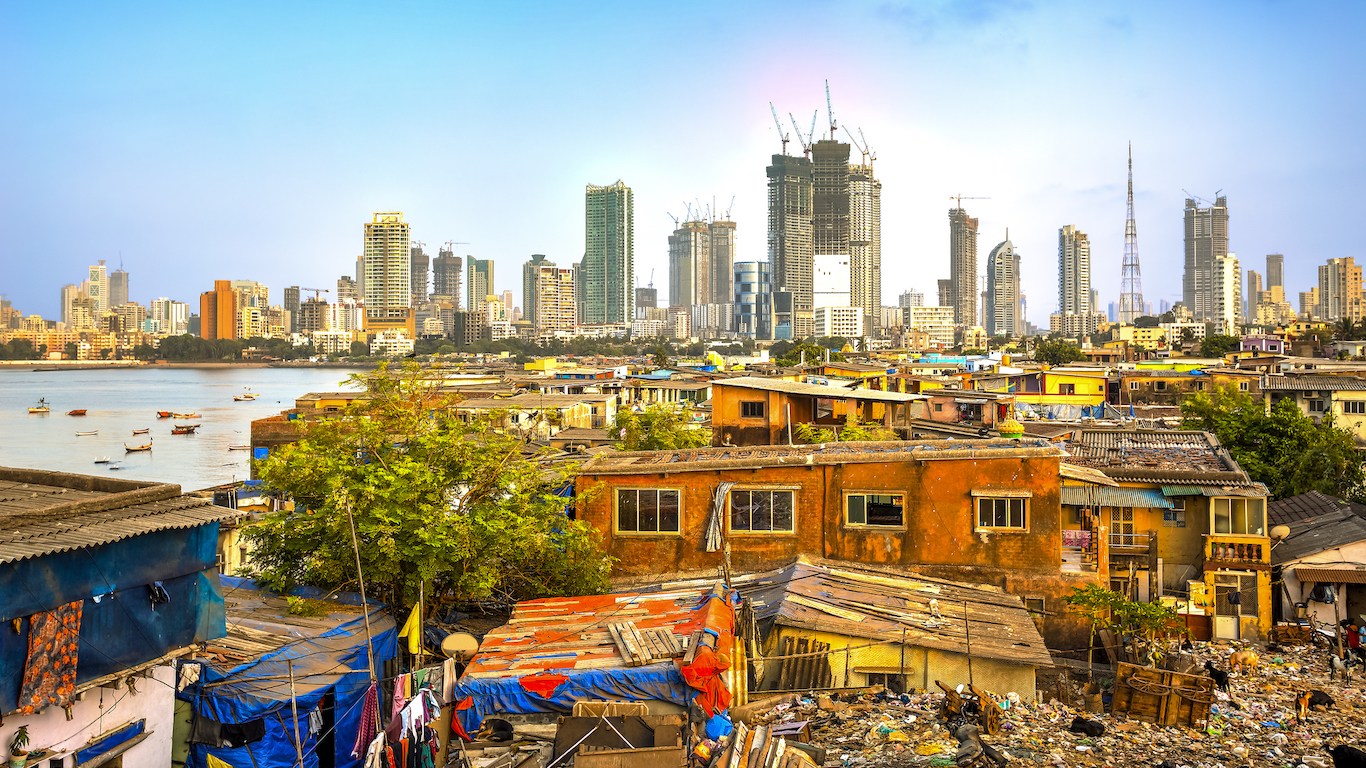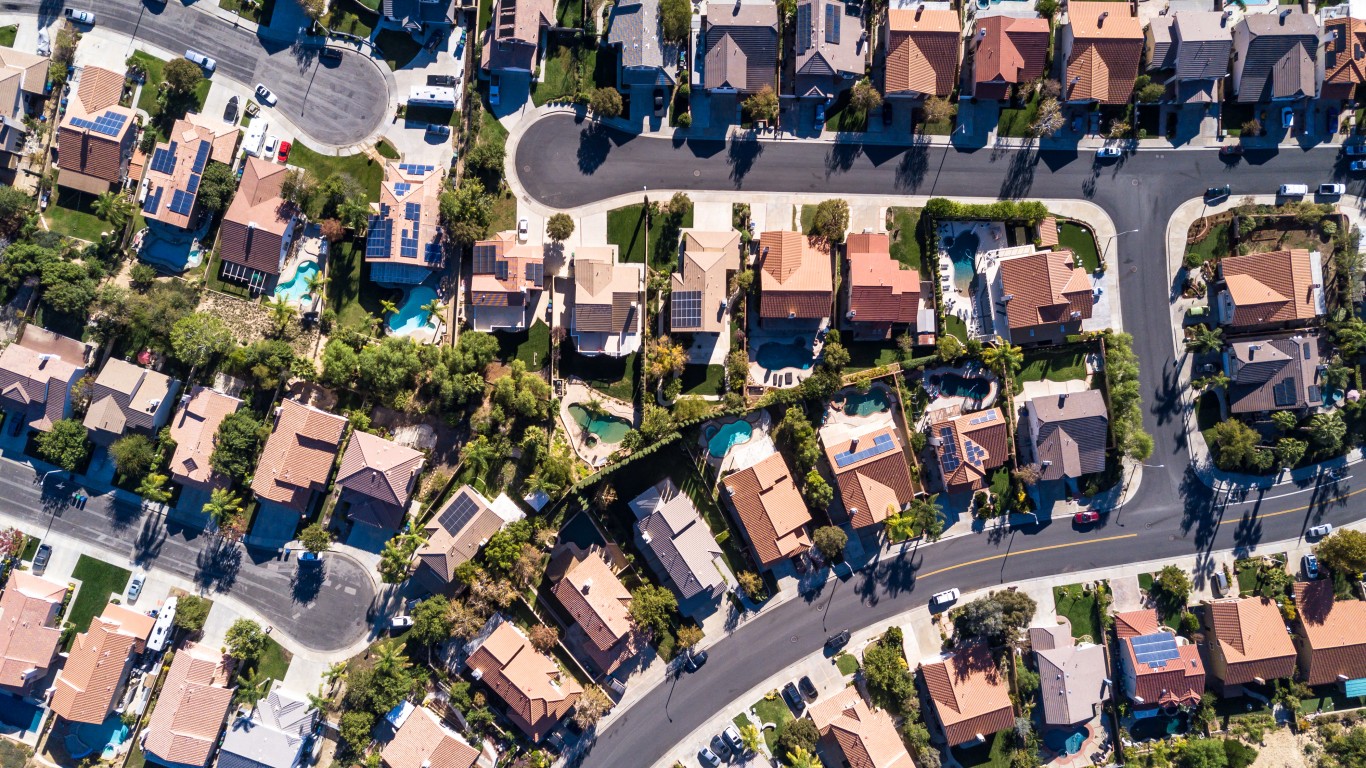
The conventional wisdom says that as people get older, making new friends gets harder. Not acquaintances or work colleagues, but friends like the ones we made in high school or college. They just don’t make ’em like that anymore.
One of the reasons it was easier to make close friends when we were younger is that we basically had many fewer choices of who to hang out with and much more time actually to hang out with them and do the things that friends do. As families and careers take over, people have less time — and often — less energy to devote to making new friends.
Now we’re not counting the zillions of “friends” we’ve met on Facebook or Twitter or Snapchat or some other social network. Plopping down on the couch to watch the hot TV program of the moment and chatting with thousands of friends while doing it is virtual friendship. It may be fun, and our zillion friends may be interesting, but try asking one of them to help you move or to come bail you out of jail.
There are cities, however, where the chances of making new friends improve. Researchers at Realtor.com looked at an academic study on social interaction potential that measured how easy it is for strangers to bump into one another at everyday activities like commuting on a train or bus or chatting at a coffee shop.
To try to add some more easily measurable activities, Realtor.com’s researchers added some criteria of their own:
- Number of bars, bookstores, and gyms (where lonely souls can strike up conversations with one another)
- Church congregations per 100,000 adults (the old-school social network)
- Percentage of single adults (who often have more time for socializing than their paired-up peers with children)
- “Service clubs” (e.g., Rotary and Kiwanis clubs) per 100,000 adults
- Number of libraries (which offer a slew of social activities)
- Number of individuals participating in Meetup groups
- Percentage of adults involved in volunteer work
Based on their research, here’s a list of the 10 U.S. cities where it’s easiest to make new friends, along with the size of the adult population and the median house price:
- Austin, Texas: 1.4 million; $425,000
- Milwaukee, Wisconsin: 1.2 million; $130,000
- San Francisco, California: 3.5 million; $1.1 million
- Pittsburgh, Pennsylvania: 1.9 million; $160,000
- Buffalo, New York: 897,000; $110,000
- Portland, Oregon: 1.8 million; $450,000
- St. Louis, Missouri: 2.1 million; $155,000
- Columbus, Ohio: 1.5 million; $140,000
- New Orleans, Louisiana: 946,000; $230,000
- Washington, D.C.: 4.5 million; $534,000
Take This Retirement Quiz To Get Matched With An Advisor Now (Sponsored)
Are you ready for retirement? Planning for retirement can be overwhelming, that’s why it could be a good idea to speak to a fiduciary financial advisor about your goals today.
Start by taking this retirement quiz right here from SmartAsset that will match you with up to 3 financial advisors that serve your area and beyond in 5 minutes. Smart Asset is now matching over 50,000 people a month.
Click here now to get started.
Thank you for reading! Have some feedback for us?
Contact the 24/7 Wall St. editorial team.


